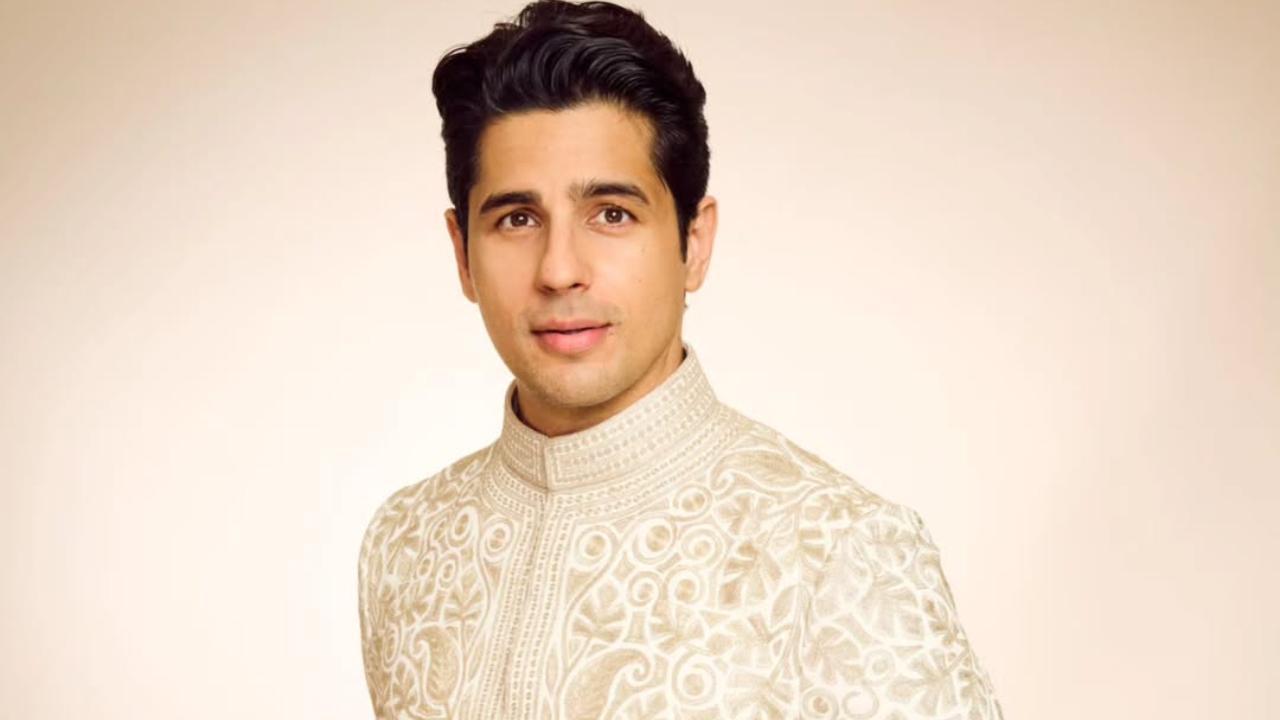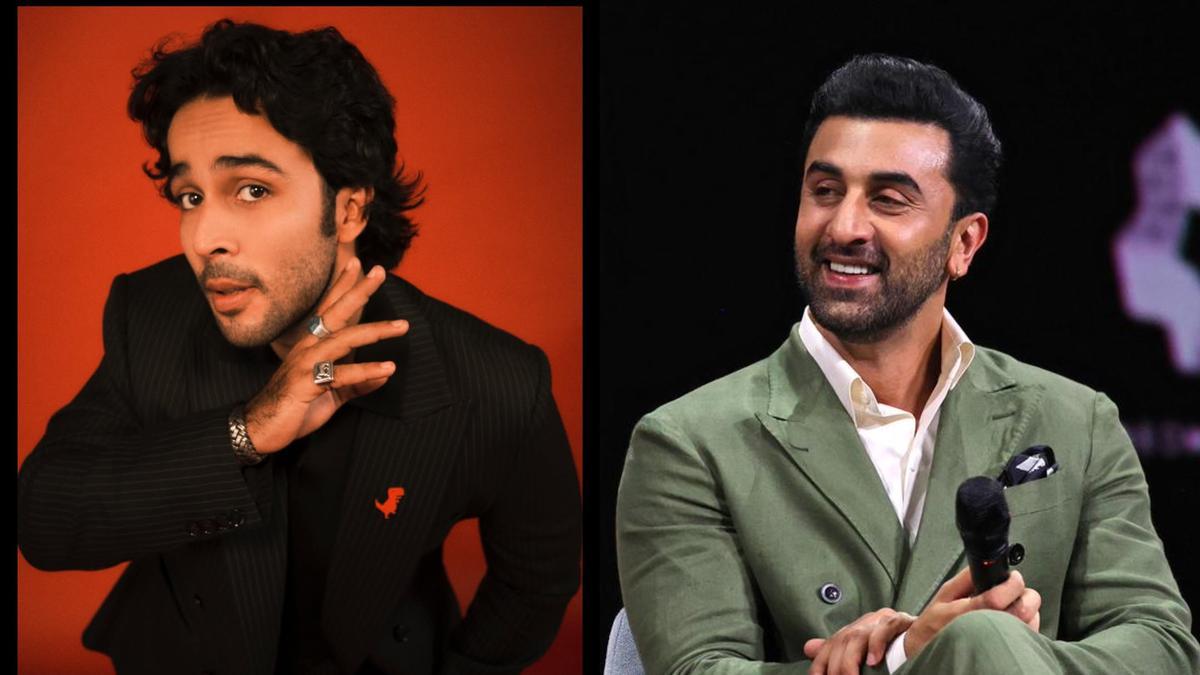
Toranaga-sama’s meticulous strategy reached its crescendo in today’s highly-anticipated conclusion of the ‘Shōgun’ series. It did—though not precisely in the fashion some might have expected. As we delve into the finale of the much-lauded show, be warned that spoilers lie ahead. Instead of bidding adieu to our stranded English navigator, John Blackthorne, and his entourage of eclectic samurai through a grandiose battle, the series creators Rachel Kondo and Justin Marks opted for subtlety and sophistication. Their choice honors both the intricate details woven into James Clavell’s original novel and the consistently nuanced writing that has been the show’s hallmark across its nine preceding installments.
Cosmo Jarvis embodies John Blackthorne, an English seafarer catapulted into the treacherous feudal politics of 16th century Japan when his ship, brimming with foreign armaments, makes landfall in a modest fishing village. Over the span of ten episodes, he becomes a chess piece for Yoshii Toranaga (Hiroyuki Sanada), a daimyo vying to exploit Blackthorne’s antagonism with the Catholic Portuguese traders in Japan. These complex religio-political games necessitate unambiguous communication—a challenge given Blackthorne’s recent and violent arrival in Japan and Toranaga’s staunch aversion to Portuguese custom. Yet amongst the chaos enters Toda Mariko (portrayed by Anna Sawai), whose fluency in Portuguese—learned from priests in Japan—and allegiance to Toranaga’s cause, positions her as an invaluable interpreter and intermediary.
The epic narrative first took form in Clavell’s 1975 novel spanning over 1,100 pages, later distilled into a five-episode American mini-series in 1980. Fast forward to 2024, and Kondo and Marks resurrect ‘Shōgun’ with a dedication to authenticity that casts aside the white American gaze characteristic of previous adaptations. While preserving the novel’s allure—samurai-led battles for supremacy and shogunate ascension—the duo deeply engage with the foundational themes Clavell set forth.
‘Shōgun’ thrives on its political machinations and confidential palace dealings, yet its true fascination lies in the concealment of motives. It’s a dance of subtlety, an exercise in small, deliberate steps towards grand aspirations, and minor irritations that writhe beneath the surface, persistent. The production shuns ostentatious displays of force in favor of the gradual unfolding of the narrative. Amid the stealthy assassinations and startling beheadings, its greatest triumph is often found in tranquil moments of dialogue. Kondo and Marks weave a tapestry of feudal Japan’s rituals into these conversations, instilling measured pauses with significant weight.
Anna Sawai shines as Mariko—a character pivotal in navigating the plot’s complexities. Her nuanced performance skillfully reveals her submerged vulnerabilities, carefully shielded by the demands of her rank. The dynamic between Mariko and Blackthorne, rooted in their common knowledge of Portuguese, becomes an anchoring thread, drawing them closer amidst the swirling turmoil of their surroundings.
Marks elucidates the gravity of the translation process utilized to shape the series’ narrative. Initially scripted in English, dialogue was translated to contemporary Japanese, refined by a specialist in jidaigeki drama, and then subtitled for the audience—an embodiment of the show’s commitment to cultural fidelity.
Nevertheless, those expecting a climactic confrontation or grand battles may find ‘Shōgun’s’ finale wanting. The episodes lean towards illustrating Toranaga’s strategy as one of accruing incremental advantages rather than explosive gambits. Mariko’s words encapsulate the series’ philosophy: “We live, we die—we control nothing beyond that.” This perspective underscores the show’s predisposition to keep viewers just beyond the veil of complete understanding, just as the characters themselves often fail to anticipate the ripples of their actions.
Confronted with the Herculean task of adapting a voluminous literary work into ten hours of television, ‘Shōgun’ confronts feudal Japan with a voice that transcends its English roots, offering the audience a dense narrative fabric to digest. The series, now available on Disney+ Hotstar, stands as a testament to the efficacy of this ambitious translation from page to screen, leaving a lasting mark on the depiction of epic historical dramas.










